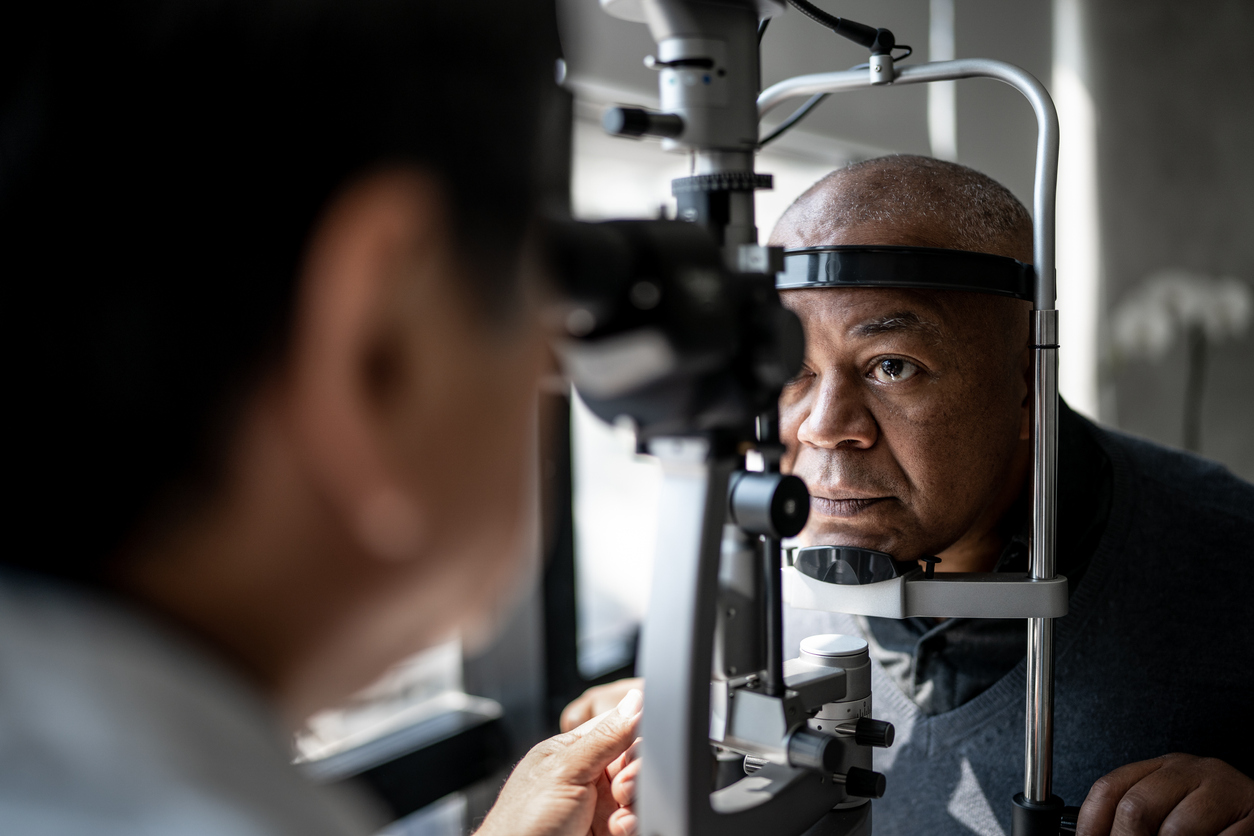Retrospectively obvious events are frequently missed when attention is engaged in another task-a phenomenon known as inattentional blindness. Although the task characteristics that predict inattentional blindness rates are relatively well understood, the observer characteristics that predict inattentional blindness rates are largely unknown. Previously, expert radiologists showed a surprising rate of inattentional blindness to a gorilla photoshopped into a CT scan during lung-cancer screening. However, inattentional blindness rates were higher for a group of naïve observers performing the same task, suggesting that perceptual expertise may provide protection against inattentional blindness. Here, we tested whether expertise in radiology predicts inattentional blindness rates for unexpected abnormalities that were clinically relevant. Fifty radiologists evaluated CT scans for lung cancer. The final case contained a large (9.1 cm) breast mass and lymphadenopathy. When their attention was focused on searching for lung nodules, 66% of radiologists did not detect breast cancer and 30% did not detect lymphadenopathy. In contrast, only 3% and 10% of radiologists (N = 30), respectively, missed these abnormalities in a follow-up study when searching for a broader range of abnormalities. Neither experience, primary task performance, nor search behavior predicted which radiologists missed the unexpected abnormalities. These findings suggest perceptual expertise does not protect against inattentional blindness, even for unexpected stimuli that are within the domain of expertise.
The invisible breast cancer: Experience does not protect against inattentional blindness to clinically relevant findings in radiology.


